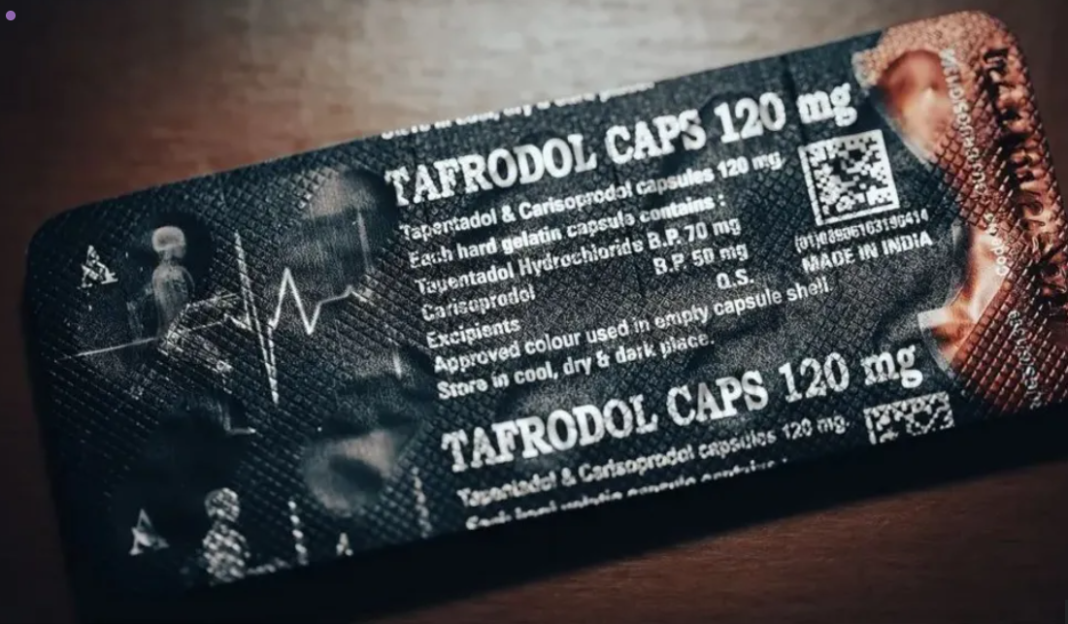(BBC News) Indian authorities have banned two highly addictive opioids in response to a BBC investigation which found they were fuelling a public health crisis in parts of West Africa.
In a letter seen by the BBC from India’s Drugs Controller General, Dr Rajeev Singh Raghuvanshi said permission to manufacture and export the drugs had been withdrawn.
BBC Eye found pharmaceutical company Aveo had been illegally exporting a harmful mix of tapentadol and carisoprodol in countries such as Ghana, Nigeria, and Cote D’Ivoire.
India’s Food and Drug Administration said the company’s factory in Mumbai had since been raided and its entire stock seized.
The circular from Dr Raghuvanshi, dated to Friday, cited the BBC investigation in his decision to ban all combinations of tapentadol and carisoprodol, which was to be implemented with immediate effect.
He said this came after officials had looked into “the potential of drug abuse and its harmful impact on population.”
Tapentadol is a powerful opioid, and carisoprodol is a muscle relaxant so addictive it is banned in Europe.
Carisoprodol is approved for use in the US, but only for short periods of up to three weeks. Withdrawal symptoms include anxiety, insomnia, and hallucinations.
The combination of the two drugs is not licensed for use anywhere in the world as they can cause breathing difficulties and seizures, and an overdose can kill.
Despite the risks, these opioids are popular street drugs in many West African countries, because they are so cheap and widely available.


